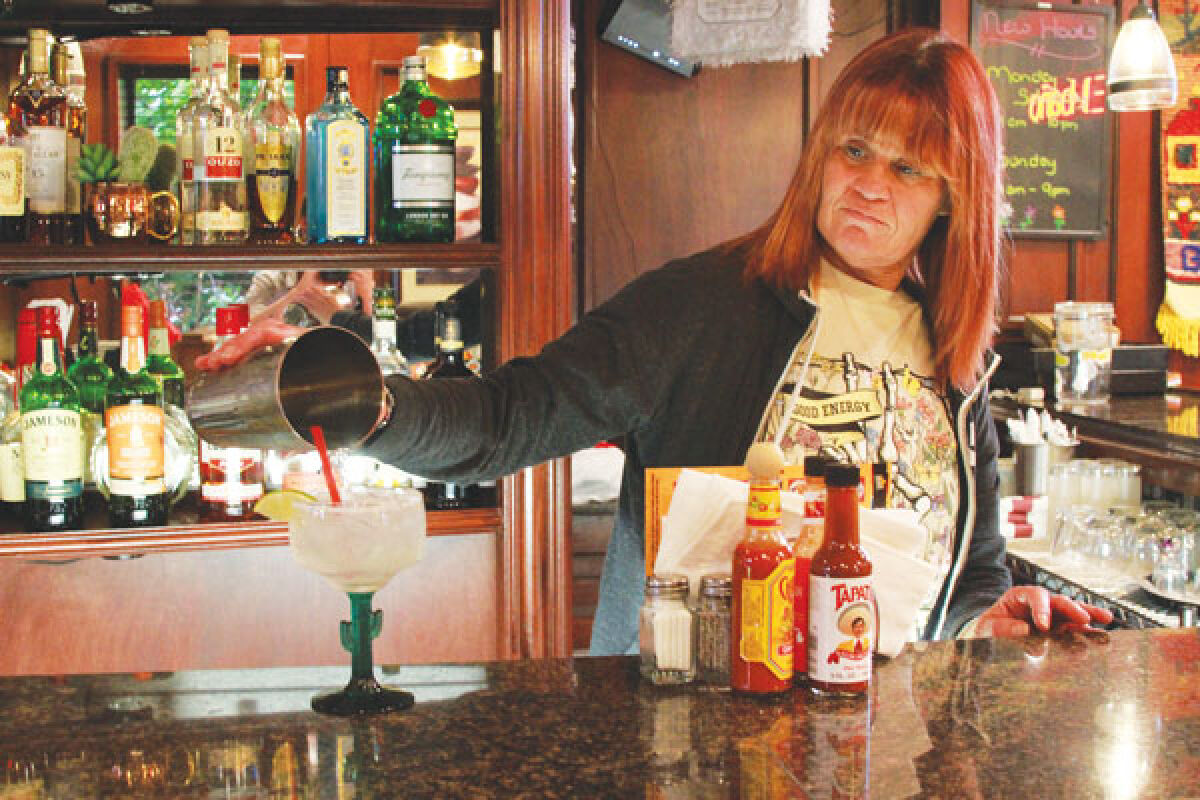METRO DETROIT — A recent 4-3 ruling by the Michigan Supreme Court affecting the state’s laws governing minimum wage and sick time is sending shockwaves through many businesses, including the restaurant industry.
All workers will receive a pay bump to more than $12 an hour in 2025 with tipped workers gradually reaching $12 in 2029. The final amounts will be determined by the state’s treasurer. The current minimum wage is $10.33 and $3.93 for tipped workers.
All employees, including part-time and temporary workers, are entitled to paid sick leave. Every 30 hours an employee works generates one hour of paid sick leave. Employees get 72 hours paid sick time a year at large companies. However, employers with fewer than 10 employees need to only pay for 40 hours of sick leave a year.
These sweeping changes will go into effect Feb. 21, 2025. For some, it’s a step toward a living wage for workers. For others, it’s a hit to businesses across the state and possibly tipped workers.
How this happened
This ruling was years in the making. It’s the result of wrangling to keep the issue off the ballot in Michigan by legislators against the changes.
It started with two petitions in 2018 that received the required number of signatures to potentially appear on the ballot.
One petition would have given workers gradual wage increases until the minimum wage became $12 in 2022. After 2022, the wage would be increased each year, as determined by the state, according to inflation. The minimum-wage gap between tipped workers and all other workers, 38% in 2018, would be eventually closed by 2024.
The other petition required employers to give employees one hour of paid sick time for every 30 hours worked per week.
The Legislature adopted the unaltered initiatives in September 2018. This kept them off the ballot and allowed lawmakers to alter them.
They did this in two bills. One caused the minimum wage increases to not exceed $12 until 2030 and removed the increases for tipped workers. It also removed increases to the wage based on inflation. The second made changes to sick time. It exempted employers with under 50 employees from providing paid sick time. It reduced the amount of paid sick time hours for larger businesses from 72 hours to 40.
The changes, led by Republicans, were approved along party lines by margins of 60-48 in the Michigan House of Representatives and 26-12 in the state Senate in a lame duck session in December 2018. They were signed by then-Gov. Rick Snyder and went into effect March 29, 2019.
In the Michigan Court of Claims, it was determined that the Amended Wage Act and the Amended Earned Sick Time Act were unconstitutional on July 19, 2022. This was reversed by the Michigan Court of Appeals, but was ultimately upheld by Michigan Supreme Court’s July 31, 2024, ruling.
“We hold that this decision to adopt the initiatives and then later amend them in the same legislative session (what has been referred to as ‘adopt-and-amend’) violated the people’s constitutionally guaranteed right to propose and enact laws through the initiative process,” the majority opinion states.
Business owners, associations react
Many business owners and associations have decried the decision.
The Michigan Retailers Association released a statement in the wake of the news.
“Bedrock principles of capitalism and a competitive labor market are thwarted by extending the paid leave law to employers with only one employee, dramatically altering the paid leave requirements for those with 50 or more employees, and mandating substantial changes to the minimum wage,” the association stated in a press release.
Other organizations including the Michigan Chamber of Commerce and the Small Business Association of Michigan struck a similar tone in press releases.
Joe Vicari, founder and CEO of the Joe Vicari Restaurant Group, spoke out against the changes. The Vicari Group, which includes mostly Michigan businesses under the Andiamo brand, has over 20 restaurants.
“This ruling will devastate the restaurant industry,” Vicari said in an emailed statement. “Many hard-working people will lose their jobs. Eighty-three percent of the restaurant industry did not want this law to pass!”
Crazy Gringo owner Tommy Vasilos said the change will negatively impact his businesses. The Mexican restaurant chain has three locations in metro Detroit and approximately 22 employees. Vasilos said, with inflation and other high operating costs, the minimum wage increase is another added strain for business owners.
“I’ll be hurting; we’re all going to get hurt,” Vasilos said. “I think it’s going to affect everybody down the line.”
Vasilos said many restaurants will either need to raise costs or shut down. He said other restaurant owners he’s talked to are feeling “the crunch.”
“I just have a really bad taste in my mouth, thinking that it might have a big effect on restaurants and they’ll start closing their doors,” Vasilos said.
Vasilos said higher costs could drive away customers who are also struggling with inflation. Though, he said he didn’t mind an increase in the minimum wage. But, when compounded with other costs, it makes things more difficult on restaurants.
Lauryn Tillman, a bartender and server in Macomb County, said she was concerned about people tipping and going out to dinner in the current economy. She said customers may be less likely to tip if the minimum wage for servers gets too high.
“I truly believe that,” Tillman said. “Basically, I rely on my tips to live.”
A ‘landmark victory’
Michigan Attorney General Dana Nessel praised the ruling.
“This is a landmark victory for Michigan voters and a resounding affirmation of the power of direct democracy,” Nessel is quoted as saying in a press release. “The Legislature cannot manipulate its power to undermine the will of the people. This ruling sends a clear message that elected officials cannot disregard the voices of their constituents. I am glad to see the Court recognize and respect that the people reserved for themselves the power of initiative, a crucial tool meant to shape the laws that govern them.”
The Restaurant Opportunities Center called the day of the ruling “an important day to remember,” calling the decision a win for working families and democracy.
“This ruling is the answer to economic opportunities and job protections that every worker, every voter and every person—Black, white, Latino, Asian, gay and straight, binary and non-binary, Democrat and Republican, immigrants and Native Americans, young and senior—deserves,” Chris White, director, ROC Michigan, is quoted as saying in a statement. “Together with our coalition partners and allies, I am proud of what we have accomplished!”
The Michigan AFL-CIO also commended the ruling.
“We commend the Court for ruling what we all clearly witnessed back in 2018,” Michigan AFL-CIO President Ron Bieber said in a press release. “The Republican-controlled legislature’s flagrant disregard for the citizen initiative process has robbed Michigan workers of wages and sick leave for the past five years. Republicans in the legislature quite literally stole out of the pockets of Michigan workers and today’s ruling by the Supreme Court is the first step in righting this wrong and making workers whole.”
 Publication select ▼
Publication select ▼



























